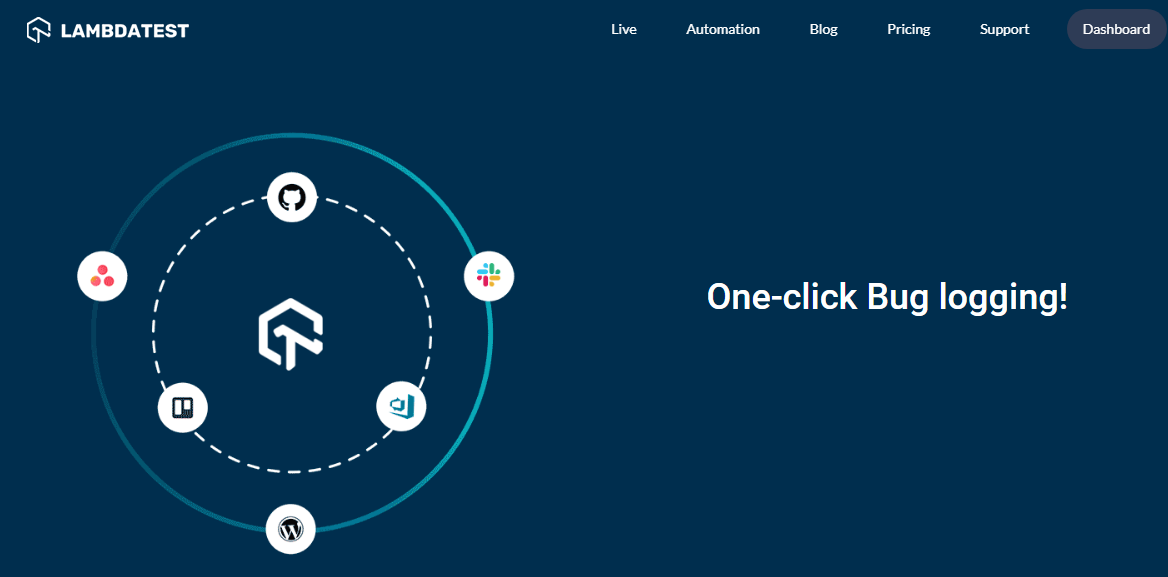It’s no secret that companies are going through a digital transformation. This has affected the balance of commercial transactions between the physical and the internet. While we may disagree on the extent to which this process has been accelerated during 2020, we can confidently say that the Internet seems to have finally caught up with all types of companies, not just the big ones.
Commercial transactions are part of how human society works. For companies, large and small, almost the entire transition to the Internet was only a matter of time. However, it did not mean the physical aspects of business disappeared altogether. On the contrary, the shift has brought a number of benefits, such as increased productivity, reduced costs, and increased efficiency. Although there is still a long way to go, e-commerce is not going anywhere (hire ecommerce developer at Fireart).
To explain this shift towards omnichannel and why it matters, I will focus on the difference between e-commerce and e-business, analyze their business models, and how to properly think about e-commerce.

Business Model
The idea of a business model is not new. But over the last decade, it has been introduced to an entire generation thanks to the book ‘Creating Business Models’. It presented a simple but complete business model structure: the CANVAS business model.
With this tool, existing companies and entrepreneurs alike were able to think about their business in a new and comprehensive way, making it easier to understand a considerable amount of information. It has made it possible to look at business systematically, as a holistic concept.
This business approach has changed many of the rules of the game. In particular, it gave all companies the tools to think big, improve processes, increase revenues and build unique relationships with their customers (eCommerce web development company).
What’s the difference between a business model and an e-business model?
The resulting shift in business has been a shift away from the traditional business model, that is, in the physical world, one where the Internet cannot be missed. It is virtually impossible for any business to escape the power of the internet in one way or another.
As the internet has embraced every aspect of our lives, terms like eTail have become popular; it is the sale of retail goods and services over the internet. Others, such as e-commerce and e-business, are more popular. These terms are often used synonymously as if they were the same thing. In practice, they are two different concepts, and understanding the difference between them can be useful for how you run your company.
The difference between e-commerce and e-business
The difference between e-commerce and e-business is volume. E-commerce is the way in which digital or online commerce is done, as opposed to traditional bricks-and-mortar commerce. This includes a set of activities such as eTail, e-commerce transactions, online supply chains, mobile commerce, digital marketing, and data analytics.
In contrast, e-business is a broader and more inclusive digital version of business. That sounds pretty general because e-business is a very broad concept. It includes such different things as e-commerce and digital therapy: two business models that belong to the retail and healthcare technology industries respectively but are digital nonetheless. Just as eTail belongs to the broader category of e-commerce, so e-commerce belongs to e-business.
Thus, it can be said that the difference between e-business and e-commerce is that the latter is a specific set of the former. This has important implications, such as the fact that e-commerce can be seen as similar to retail, whereas e-business can include other business models such as FinTech and MedTech industries. However, regardless of industry, there seems to be a way of thinking about e-business models in general that can also be applied to e-commerce.







